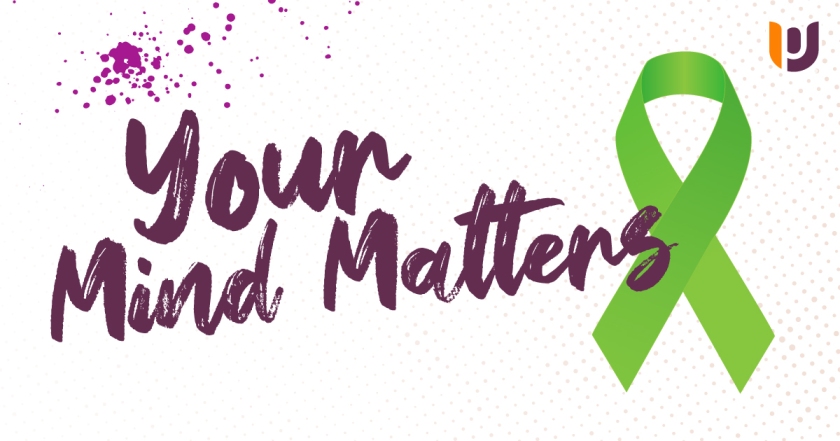Mental Health Awareness
by Jason Cerkan, Recreation Manager, A Pocono Country Place, Property Owners Association

The pandemic has been filled with ups and downs and many mixed emotions, information, and knowledge. From isolation to fear of the unknown many people we know may have experienced some form of depression that they may not have experienced before. Isolation led to many unfit people.
When someone is not leading a healthy lifestyle, we often times look at the outcomes in physical fitness terms. Seldom do we talk about mental health and the role it plays in our lives and the illness that may occur. People can not see how another person is truly feeling inside. Mental health impacts everyone’s quality of life and includes our passions, relationships, and experiences. Someone can be born with a genetic predisposition for a mental illness. Our brains can also sustain psychological traumas.
How To Be Supportive
When someone experiences a mental health challenge, here is how you can be supportive:
LISTEN: Let someone really express their experiences. Being someone they can talk to is essential when giving support.
BE NON-JUDGMENTAL: Don’t criticize or minimize the way they feel. You may not be able to understand exactly what they’re going through, and that’s ok.
ASK WHAT, NOT WHY: When you ask questions, avoid asking ‘why’ questions, and instead ask ‘what’ questions. Asking why can have a judgmental tone even if you don’t mean it that way.
GIVE INFORMATION – DON’T DIAGNOSE: Don’t assume they have an illness or condition. Provide direction to resources that can identify and treat mental health issues.
ACT AS A BRIDGE: You can connect someone to mental health resources. Resources include family, school guidance, mental health professionals, and organizations like Navigate Hope.
TEAMMATE IN SUPPORT: Being supportive doesn’t mean your duty is to ‘fix’ someone. Mental health is complicated and solutions aren’t overnight. As a teammate, the best support you can give is by being a trusting ear, helping to navigate resources, and acting as a source of encouragement.
Throughout the COVID-19 pandemic there were many people who would not have otherwise been lonely, depressed or down. It is important that we acknowledge mental health not only for ourselves but for others. We need to embrace open communication of mental health challenges and be able to provide direction to help others before crisis arises. There is no shame in asking for help. There are tools and treatments to respond, treat and manage mental health issues.

